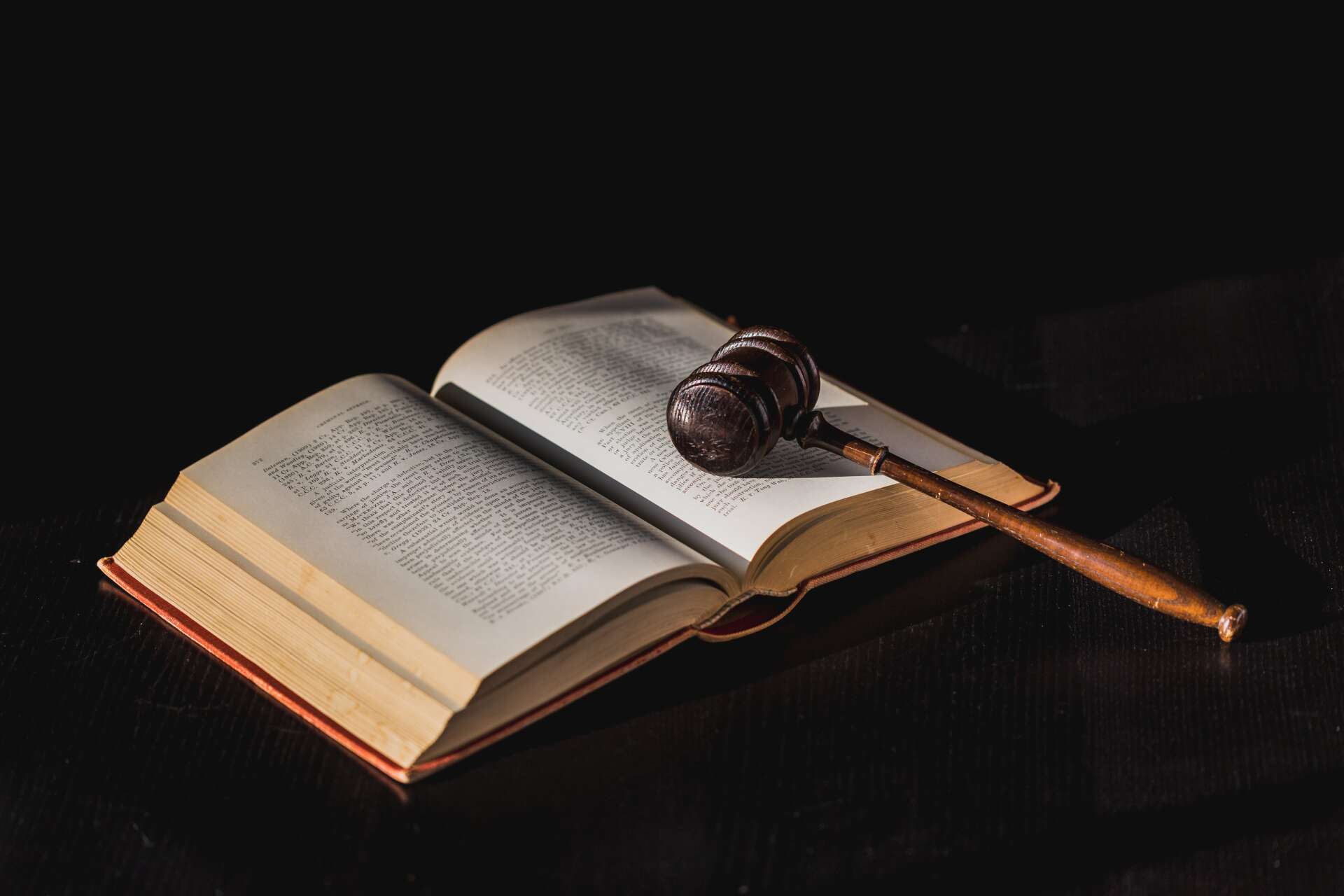Chippewas of Saugeen First Nation v. Town of South Bruce Peninsula et al., 2023 ONSC 2056
What it’s about
The Ontario Superior Court of Justice held that lands promised to the Chippewas of Saugeen First Nation under Treaty 72 should be returned to the First Nation as unsurrendered reserve land.
What happened
In 1854, the Crown promised to reserve lands known as Chi-Gmiinh on the Bruce Peninsula for Saugeen under Treaty 72. Instead of doing so, the Crown excluded the area from Saugeen’s reserves and issued patents allowing private landowners to settle in the area.
Saugeen brought an action against Canada and Ontario seeking declarations that the Crown breached its Treaty promises and that Chi-Gmiinh was part of its reserves.
The Court agreed the Crown failed to protect and preserve Saugeen’s interest in Chi-Gmiinh as promised under the Treaty and concluded that in the circumstances, reconciliation was best achieved by returning Chi-Gmiinh to Saugeen as reserve land.
To address the issue of third-party interests, the Court held that it would consider issuing a declaration that Saugeen’s interest in the lands was subject to a life interest held by the current landowners of Chi-Gmiinh.
Why it’s important
The intersection between Indigenous land rights and third parties is an area of significant tension and uncertainty. Saugeen is a rare example of a court addressing this issue directly.
Too often, Indigenous Peoples who have been dispossessed of their lands are unable to obtain real restitution if the lands in question are also subject to the rights of private landowners.
The Court’s decision that Chi-Gmiinh be returned to the First Nation, while leaving open the possibility that private landowners could retain a limited, short-term interest in the lands, is a creative illustration of how this issue could be rectified in similar cases.
Saugeen demonstrates that competing interests in lands need not be an insurmountable barrier to reconciliation. The decision to return the lands to Saugeen, despite the existence of third-party interests, confirms the possibility of Canadian courts making a tangible, concrete contribution towards Indigenous Peoples' efforts to achieve 'land back.'

First Peoples Law LLP is a law firm dedicated to defending and advancing the rights of Indigenous Peoples. We work exclusively with Indigenous Peoples to defend their inherent and constitutionally protected title, rights and Treaty rights, uphold their Indigenous laws and governance and ensure economic prosperity for their current and future generations.
Kate Gunn is partner at First Peoples Law LLP. Kate completed her Master's of Law at the University of British Columbia. Her most recent academic essay, "Agreeing to Share: Treaty 3, History & the Courts," was published in the UBC Law Review.
Connect with Kate on LinkedIn and Twitter
Tyler Swan is a lawyer at First Peoples Law LLP
For more First Peoples Law analysis, visit our blog
Sign up for our First Peoples Law Report
